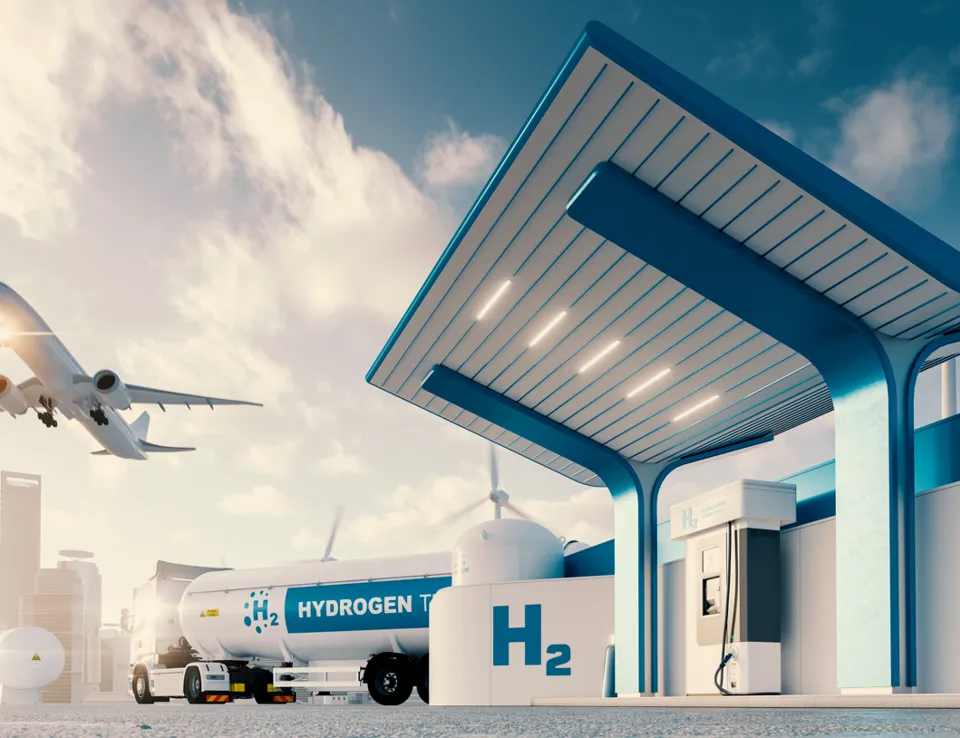
Tackling the workforce challenge head-on: Hydrogen skills in the UK
11 Dec 2023
While the UK hosts several global leaders in hydrogen technology, alongside notable international production players such as Shell Hydrogen and Air Products UK, expertise in hydrogen and its associated skills along the entire process chain remains specialised. Despite the daily production and transportation of hydrogen, mostly in the form of grey hydrogen, for industrial gas use across the country, the pool of individuals with specific hydrogen-related skills remains limited.
The known requirements for working with and transporting hydrogen are broadly captured across UK health and safety legislation, in similar ways as they would apply to the use and transport of diesel and petrol, but the number of skilled workers in the hydrogen space is vastly lower.
Professionals with extensive experience in safely handling and utilising hydrogen exist within the industry, possessing qualifications and expertise in working with flammable gases. Their familiarity with safety protocols such as ATEX, DSEAR, and other design standards ensures secure working environments. Among these individuals currently active in the workforce, many will remain economically involved for several more decades but will require new skills to contribute to this transformative shift. The Manufacturing the Future Workforce report has underlined the ageing nature of the existing UK workforce. Given the limited availability of new workers equipped with the necessary skills and the challenges associated with sourcing skilled labour from overseas, the emphasis on upskilling and reskilling existing workers becomes pivotal for the hydrogen economy's success.
Within this realm, the number of professionals possessing robust experience in hydrogen, fuel cells, relevant engineering, and the associated health and safety considerations is quite restricted. With soaring demand for these skill sets, such workers command high salaries, frequently change positions and are willing to relocate to more favourable regions. Throughout various studies, Ricardo has identified that the most significant skills deficit exists in the mid and senior tiers of the hydrogen economy, especially among those with a decade or more of experience.
Addressing this shortage involves two potential paths for bolstering the hydrogen economy: the integration of new entrants like recent graduates, and those currently active in the workforce who require retraining and skill enhancement.
Ricardo consistently aids organisations facing skill gaps by leveraging our vast expertise, offering both hydrogen safety training and technical support.
To get in touch with our hydrogen team, please email us here.
Or to find out more about Ricardo's hydrogen expertise click here.




 Follow Ricardo plc for regular updates
Follow Ricardo plc for regular updates




